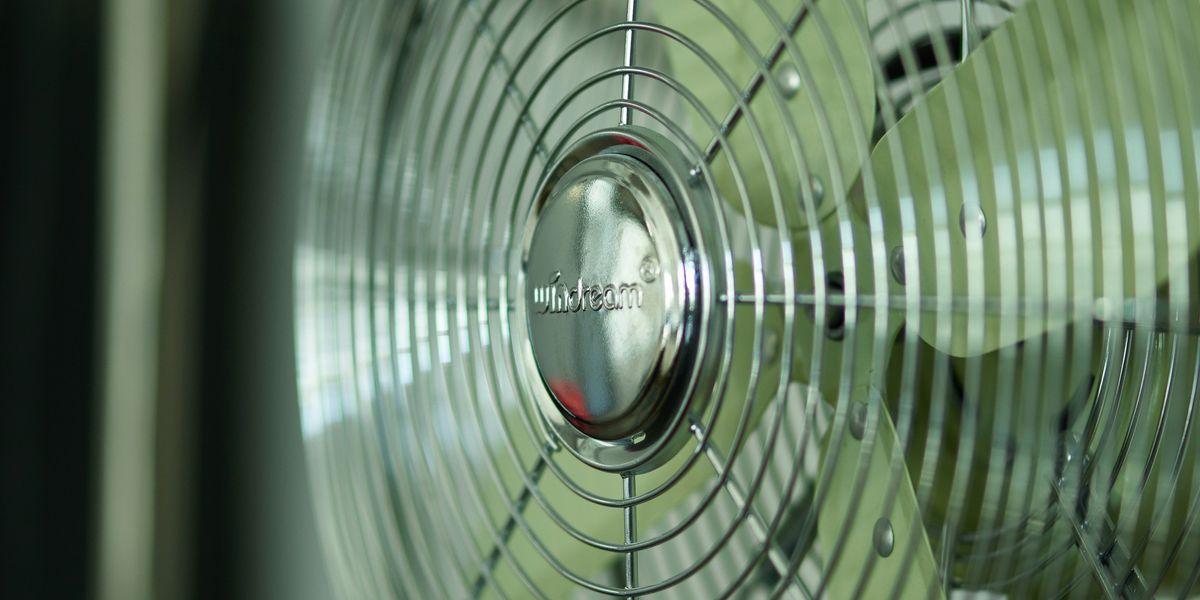
Europe steps up funding to attract U.S. scientists facing cuts under Trump
As the Trump administration reduces research funding and tightens restrictions on universities, European leaders are offering financial incentives to lure American scientists.
Catherine Porter and Roger Cohen report for The New York Times.
In short:
- French President Emmanuel Macron and European Commission President Ursula von der Leyen announced major investments to attract U.S.-based researchers, including a €500 million EU initiative a $113 million commitment from France.
- Trump administration policies, including funding freezes and attacks on diversity and climate science, have caused concern among American academics and prompted lawsuits from major universities like Harvard.
- European universities, such as Aix Marseille University, are launching programs to provide refuge for scientists affected by U.S. policy changes, while debates continue over Europe’s own research funding levels.
Key quote:
“In the United States, once a paradise for researchers, academic freedom is being challenged. The line between truth and falsehood, between fact and belief, is being weakened.”
— Elisabeth Borne, France’s education minister
Why this matters:
Scientific research thrives in environments where inquiry is open and funding is stable. As the U.S. government imposes new limits on federal support and subjects universities to ideological litmus tests, Europe is seizing the moment to position itself as a haven for researchers. This shift has profound implications not just for the careers of individual scientists but for the global scientific enterprise. Disciplines like climate science, public health, and biomedical research could see talent migration, potentially altering where and how breakthroughs occur. Furthermore, limiting scientific freedom in the U.S. may erode public trust in academic institutions and weaken responses to health and environmental challenges. Europe’s proactive stance may cushion the impact of these policies, but the long-term effects of such an academic brain drain — and the political forces driving it — remain uncertain.
Read more: Mass exodus of senior staff reshapes federal energy and environmental agencies under Trump













